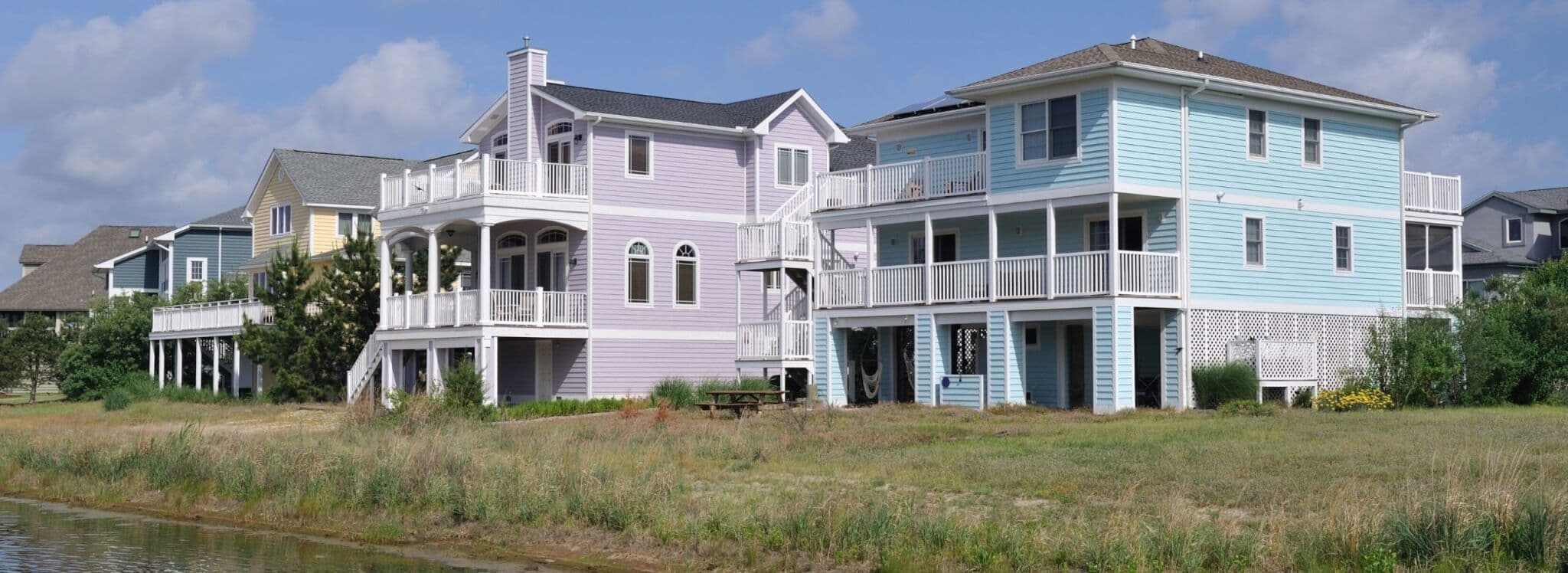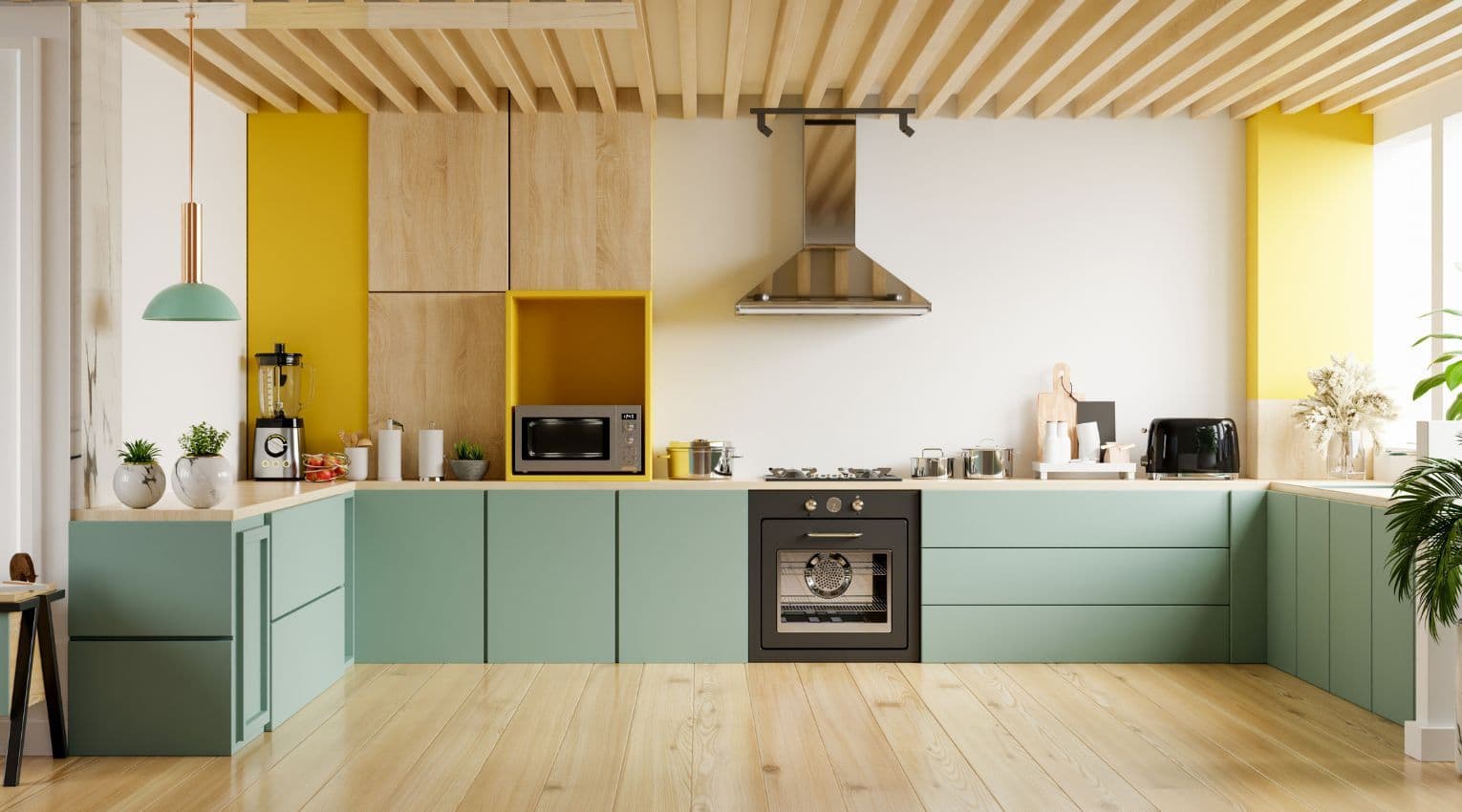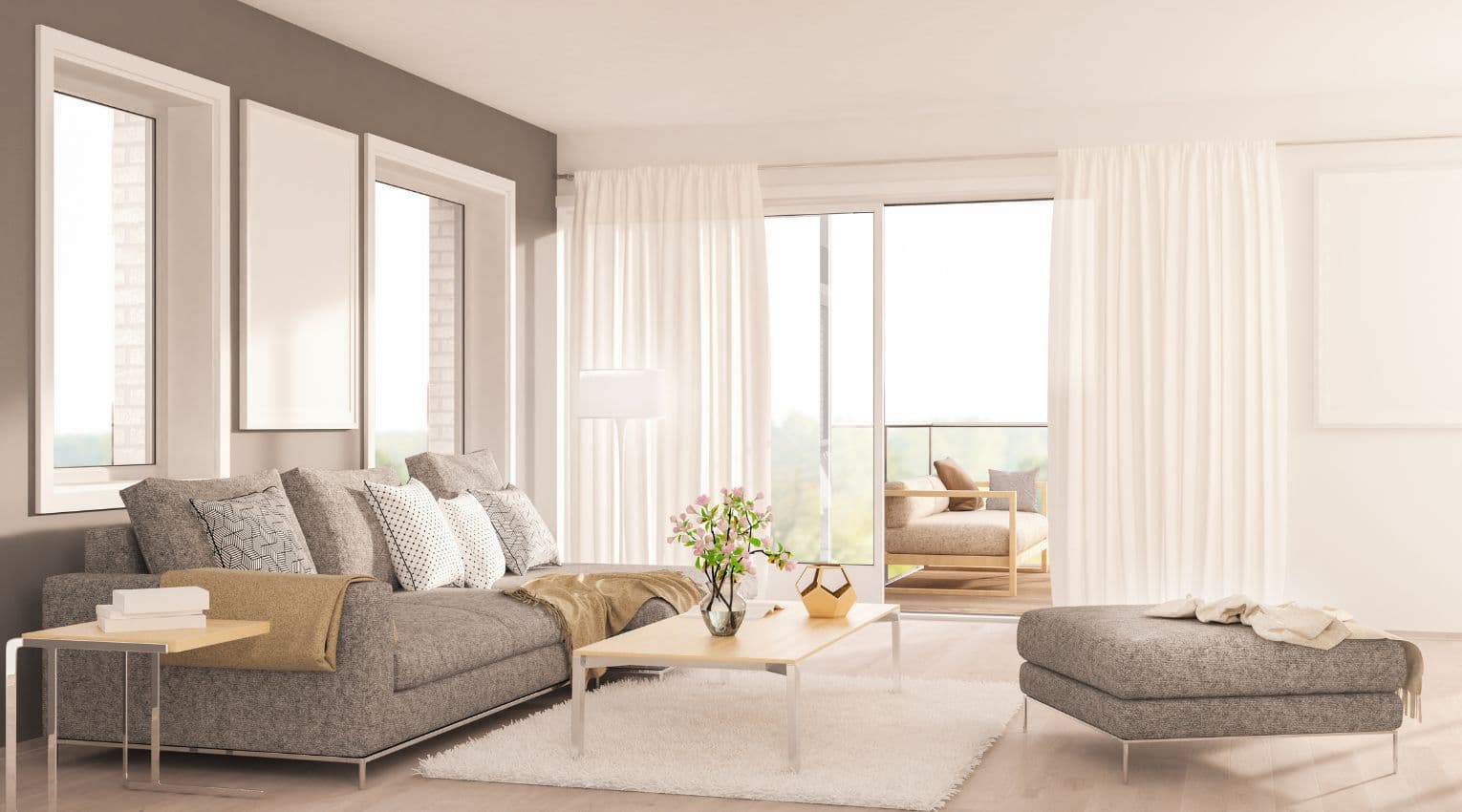3 Questions to Ask before Investing in a Vacation Home

A weekend home on the lake. A pied-à-terre in your favorite city. A beachfront condo. For some homeowners, a vacation home or weekend home can hold both aspirational and practical appeal.
According to the National Association of REALTORS® (NAR), three primary motivations drive Americans to purchase a vacation home: as a family retreat, as a principal residence at some point in the future (e.g., retirement), or as an investment (e.g., as rental income or to diversify investments).
“We bought our cabin 15 years ago,” says Rick S., a full-time Connecticut resident who has a vacation home in Vermont. “It’s a place for quiet solitude in the woods, a place for us to get away and unwind. We go up at least two weekends a month. I’s really exceeded our expectations.”
Of course, taking on a second home is a major commitment, and the considerations will be unique based on property type, geographic location, whether you’ll be renting it, etc. But for any aspiring vacation homeowner, some financial research (and some soul searching) can help clarify your decision, regardless of the particulars. If you and your family have been thinking about buying a vacation home, here are three key questions to ask before calling a real estate agent.
1. Why Do You Want This Vacation Home?
First things first: What’s the primary motivator driving your decision for a vacation home? Relaxation and leisure? Income and investment? Some combination? Before you start your property search, have the key uses in mind, so you can optimize the time spent touring potential homes to buy that best meet your needs. If you anticipate hosting family reunions or renting to groups, a larger property may make sense. If you expect to have the home merely as a place to sleep while you explore the surrounding region, a smaller condo could be a good fit.
Rick S. and his family had a specific list of “must-haves” when considering vacation home properties. “It had to be less than a two-hour drive [from our primary home] so we could leave on a Friday and have the whole weekend,” he said. “It needed to be pretty isolated, away from neighbors. Near a body of water—a lake or pond—was ideal. And it had to be a log cabin.”
In addition to determining the preferred characteristics of the property itself, be realistic in considering how you and others will use the home as well as the frequency of your visits as you start to narrow down properties.
2. Is Now a Good Time to Buy a Vacation Home?
With any major purchase, understanding current and future market trends can help inform your decision as to when to buy. According to the 2017 NAR Investment & Vacation Home Buyer’s Survey, of more than 2,000 vacation and investment home buyers, 81% of vacation home owners and 76% of investment property buyers felt now is a good time to buy.
Additionally, investment buyer survey respondents indicated they plan to own their investment home for nine years (an increase from five years from the 2015 survey respondents). Among buyers of vacation homes, 18% plan to own their home for future retirement. And like investment buyers, the median length of time vacation homeowners expected to own their property is nine years.
As you’re considering when and where to buy your vacation or investment property, speak to local real estate professionals about the specific housing market. Is now a good time to buy in that specific area? What real estate trends are anticipated in the coming years and are those trends favorable to whether you’re planning to rent the property (both short- and long-term) or sell it down the line?
3. How Will You Pay for Your Vacation Home?
Once you’ve decided on the region, the type of home, and how you’re planning to use the new property, now it’s time to tackle the finances: How are you planning to pay for your vacation home—and continue to cover the mortgage (if applicable) and upkeep?
According to NAR, the 2016 median vacation and investor home purchase price was higher than 2015: $200,000 for vacation buyers (up from $192,000), and $155,000 for investors (up from $143,500). Thirty-six percent of investors and 29% of vacation buyers paid all cash; for those who used financing, 45% of vacation buyers and 47% of investors borrowed less than 70%.
During the first few years of having the vacation home, Rick S. and his family rented out the cabin. “We used renters to help supplement paying the mortgage and were very selective about who rented it,” he said. Because the family now has the same renters who book repeatedly year after year, they don’t need to advertise to get new renters any longer, as they have enough income from existing clientele.
In determining how you’ll finance your vacation home or investment property, update your budget to reflect your current income and expenditures as well as the anticipated new costs from your vacation home’s mortgage, taxes, furnishings, and upkeep. Factor in property management costs (if applicable), potential rental income (which will fluctuate), and insurance.
If the numbers don’t quite add up or if the budget is too tight for your liking, don’t worry about taking a step back. You can always develop a savings plan to work toward your goal of a second home. You can look into alternative financing sources. You could pursue a particular type of property that may be more affordable (such as a short sale or a timeshare). The objective is to make sure your second home aligns with your initial goal, whether that’s a gathering place for family, a place to unplug and destress, or another income stream.
The more you know about your home equity, the better decisions you can make about what to do with it. Do you know how much equity you have in your home? The Home Equity Dashboard makes it easy to find out.
You should know
We do our best to make sure that the information in this post is as accurate as possible as of the date it is published, but things change quickly sometimes. Hometap does not endorse or monitor any linked websites. Individual situations differ, so consult your own finance, tax or legal professional to determine what makes sense for you.



